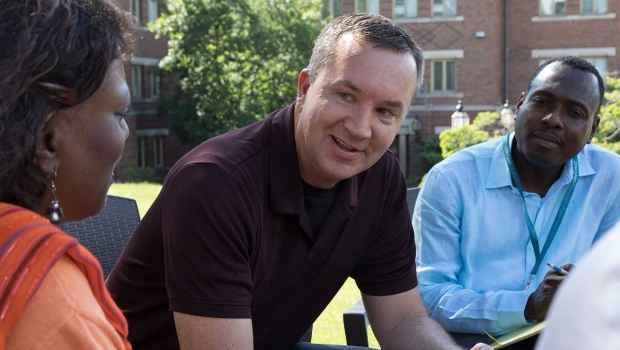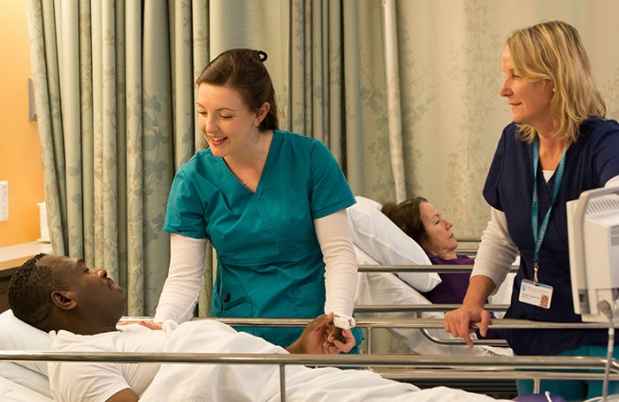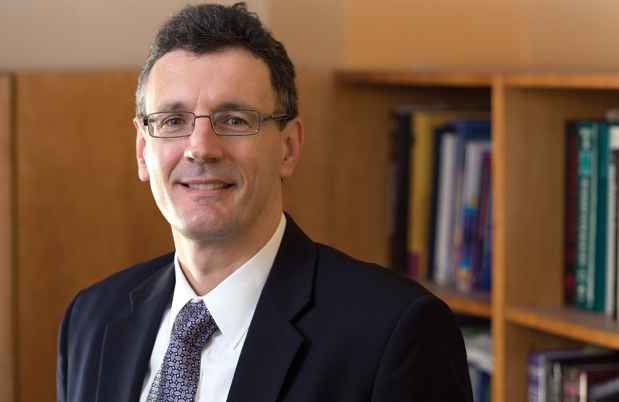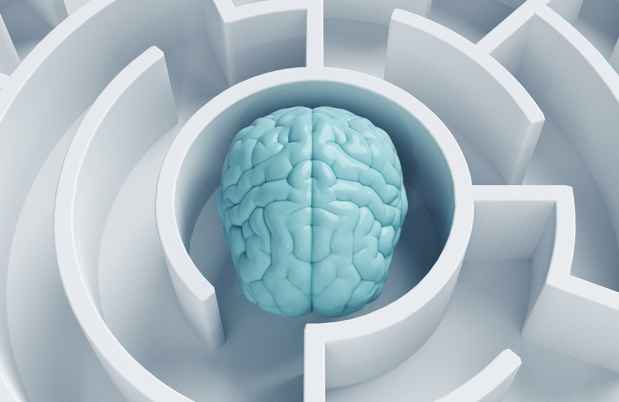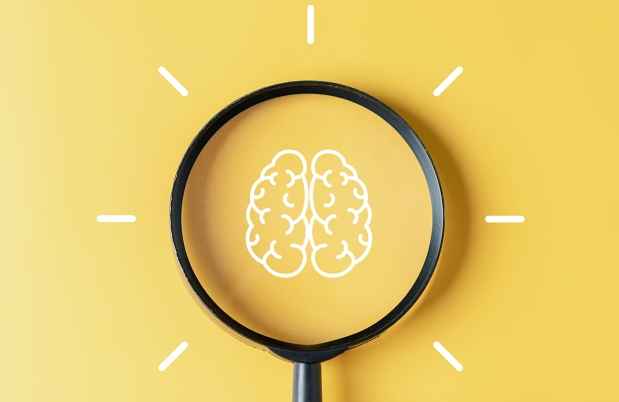Depression
Depression is a leading cause of disability worldwide. At McLean, we are dedicated to providing world-class depression treatment, alongside innovative research and educational resources for professionals and the public.
Find the Care That’s Right for You
McLean Is Here to Help
With an array of treatment options, we have the program that’s right for you or your loved one. Contact us today to learn more about our depression care programs.
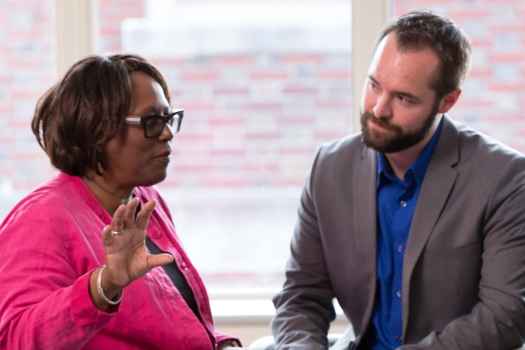
How We Treat Depression
The Intersection of Compassion and Innovation
McLean’s unique approach to treatment is a life changer for adults and children who struggle with depression.

Depression Screening
Online screening is one of the quickest and easiest ways to determine whether you are experiencing symptoms of depression.
Support & Education
Resources When You Need Them Most
Professional Development
McLean Hospital offers highly-acclaimed professional education and resources for a wide range of mental health care professionals. Our fully accredited programming supports continuing education with a focus on improving patient care.
More About Depression
Articles, Videos, News, and More
At the Forefront of Depression Research
Discovery & Innovation
McLean investigators are at the leading edge of research into the causes of depression and related disorders with the goal of better treatments and improved outcomes for patients.


